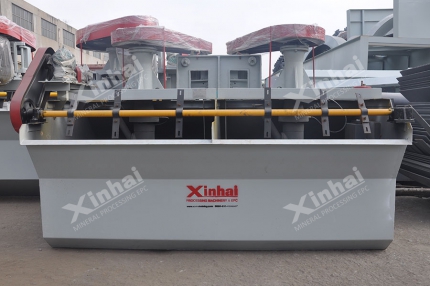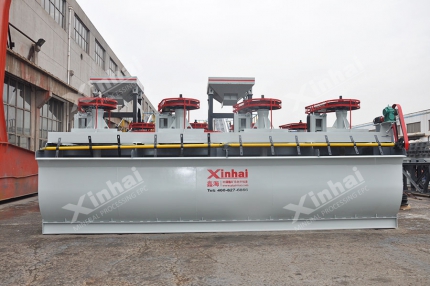Copper sulphide ore is different in properties. The four common copper sulfide minerals, chalcopyrite, chalcocite, copper blue and bornite, have slight differences in buoyancy and reaction with chemicals. The properties of copper sulfide minerals are generally similar to other sulfide minerals, and copper sulfide minerals are often composed of several different copper sulfide minerals, resulting in differences in the type and amount of chemicals required and the pH value. All in all, in the selection of copper sulfide mineral flotation agents, the main purpose includes two points: separation of sulfide minerals and gangue minerals; separation of copper sulfide minerals and other sulfide minerals.
Flotation reagents are usually composed of three types of reagents: collectors, inhibitors, and medium regulators. Therefore, in this paper, we will describe the reagent system for flotation of copper sulphide ore from three aspects: collectors, inhibitors, and medium regulators to achieve these two goals.
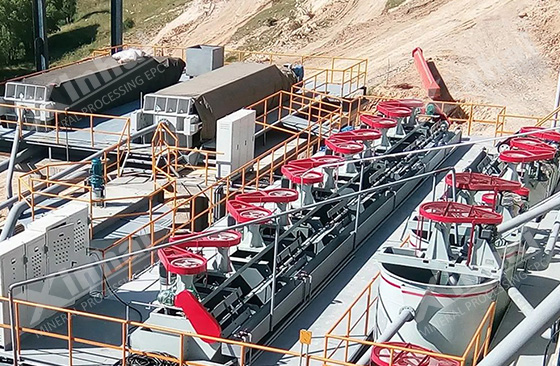
Use the table of contents below to navigate through the guide:
01Flotation collector for copper sulphide ore
Common copper sulfide collectors include xanthate collectors, black drug collectors, thiourethane collectors, sulfur nitrogen collectors and so on. Among these agents, xanthate collectors are commonly used collectors for copper sulfide minerals, which have strong collecting power, but also have the problem of poor selectivity. They can not only collect copper sulfide minerals, but also Sulfide minerals that trap other metals. Among the copper sulfide minerals, the strength of the reaction with xanthate is also different, and the order of the strength of the reaction with xanthate from large to small is chalcocite, copper blue, bornite, and chalcopyrite.
Black drug collectors have the characteristics of various types and good selectivity, but their disadvantage is that their ability to collect copper sulfide minerals is weaker than that of xanthate. Thiocarbamate collectors are also important collectors, and their selectivity is better than that of xanthate collectors and black drug collectors, but the disadvantage is higher cost.
Therefore, in the chemical system of flotation copper sulphide ore, combined collectors are often used, which can not only increase the selectivity of copper sulfide minerals, but also ensure the ability to collect copper sulfide minerals. At the same time, some new collectors such as BK901h, EMZ-91, and CSU31, which are more selective to copper sulfide minerals, have also been developed.
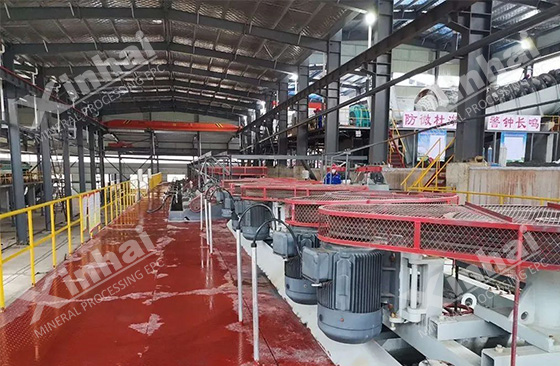
02Flotation Inhibitors for copper sulphide ore
In the process of separating copper sulfide minerals from other metal minerals, other metal minerals need to be suppressed to ensure the purity of the mineral composition. For example, copper sulfide minerals are often associated with galena, sphalerite and other minerals, and gangue minerals may contain easily floating arsenopyrite and other minerals. Among them, inhibitors can be divided into inorganic inhibitors and organic inhibitors.
Commonly used inorganic inhibitors are lime, cyanide, sulfite, potassium permanganate, sodium carbonate, etc. Among them, lime is not only an inhibitor of pyrite, but also a pH regulator. The effects of lime and calcium oxide, potassium hydroxide, sodium hydroxide, and sodium carbonate are similar, and they can all effectively reduce the floatability of pyrite. Cyanide is also an inhibitor that can effectively inhibit pyrite. It can form a complex with the surface of pyrite to remove xanthate from the mineral surface. Cyanide is also an inhibitor of sphalerite. In the flotation of complex copper sulfide minerals, agents such as dichromate and sodium sulfite are often used to suppress galena. For ores containing arsenopyrite, arsenic tetrahedrite, and arsenic-containing iron ore, lime is used to keep the pulp in a strong alkaline environment, so that the oxidation of arsenic minerals is inhibited.
Common organic inhibitors include starch, lactic acid, dextrin, tannic acid, etc. Compared with single inorganic depressants, organic depressants can achieve better results in the flotation of complex copper sulfide minerals, and have the characteristics of safety, environmental protection and strong selectivity. However, there are still some problems in terms of usage and cost.
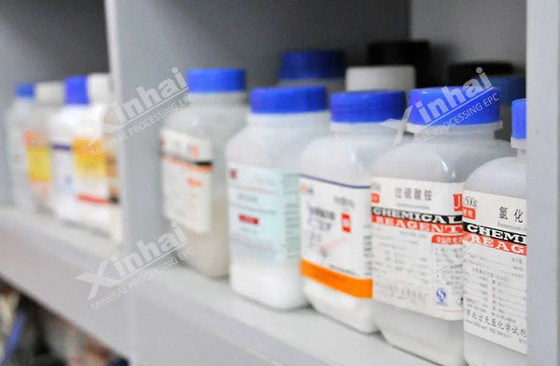
03Flotation media conditioner for copper sulfide ore
In the flotation of different copper sulfide minerals, the main flotation environmental factor is the pH value, which can be adjusted with lime, sodium carbonate and other agents. However, for different copper sulfide mineral compositions, the range of pH value is different. For example, chalcopyrite has better buoyancy under weak alkaline conditions, so the pH value should not be too high. According to the selection of different collectors, the suitable pH value also has different ranges. For example, when using black powder, a relatively lower pH value is required to achieve a better harvesting effect.
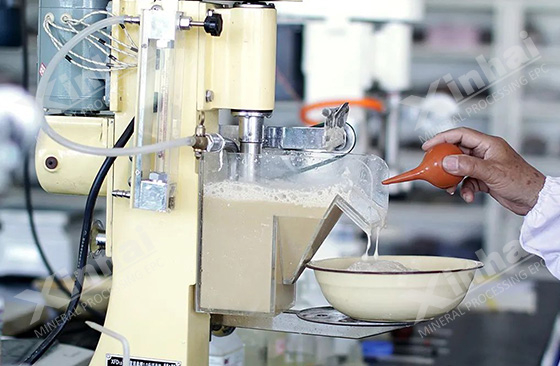
The above is the description of the reagents used in the flotation separation of copper sulfide minerals. For copper sulfide minerals in different regions, the reagent system for separation is different, and beneficiation tests should be carried out in a targeted manner to determine the appropriate reagent and dosage. Before building a dressing plant, you can consult a mineral processing equipment provider with a mineral processing laboratory to determine the process flow and reagent system for flotation of copper sulfide minerals through experiments, so as to avoid economic losses caused by the mismatch between the reagent system and the process flow.


 marketing@ytxinhai.com
marketing@ytxinhai.com  0086 13810327080
0086 13810327080 




























































































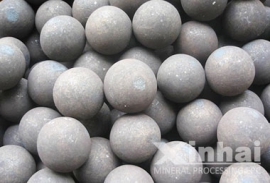
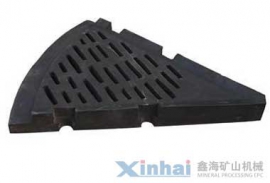








 CHAT
CHAT MESSAGE
MESSAGE



